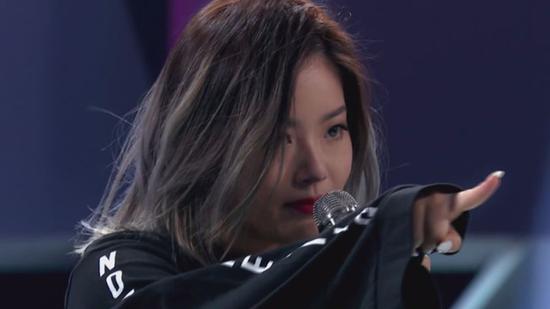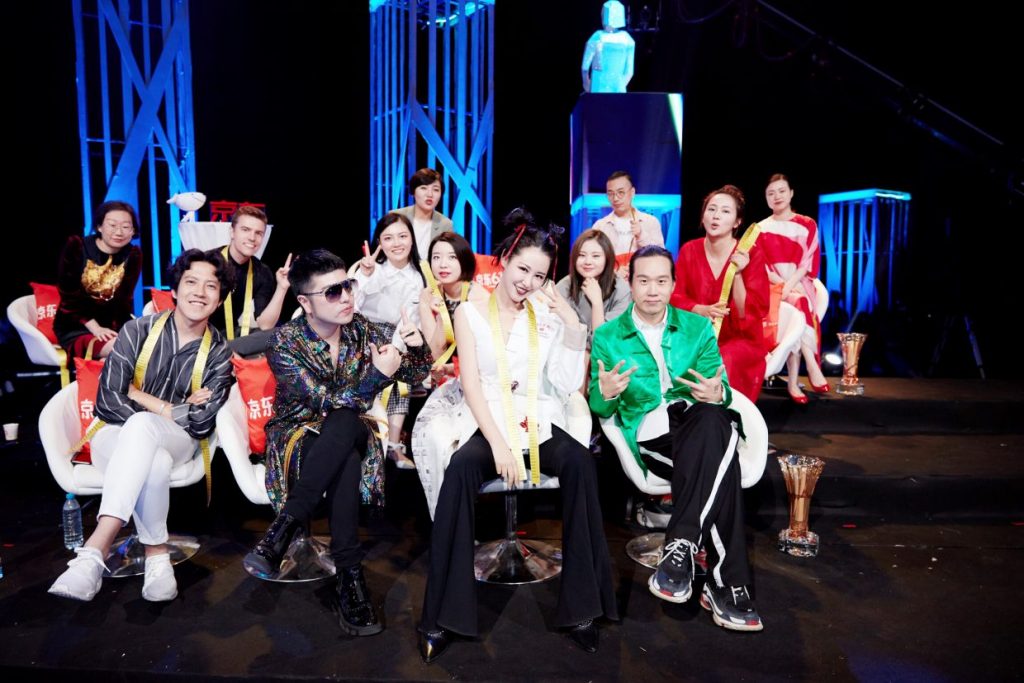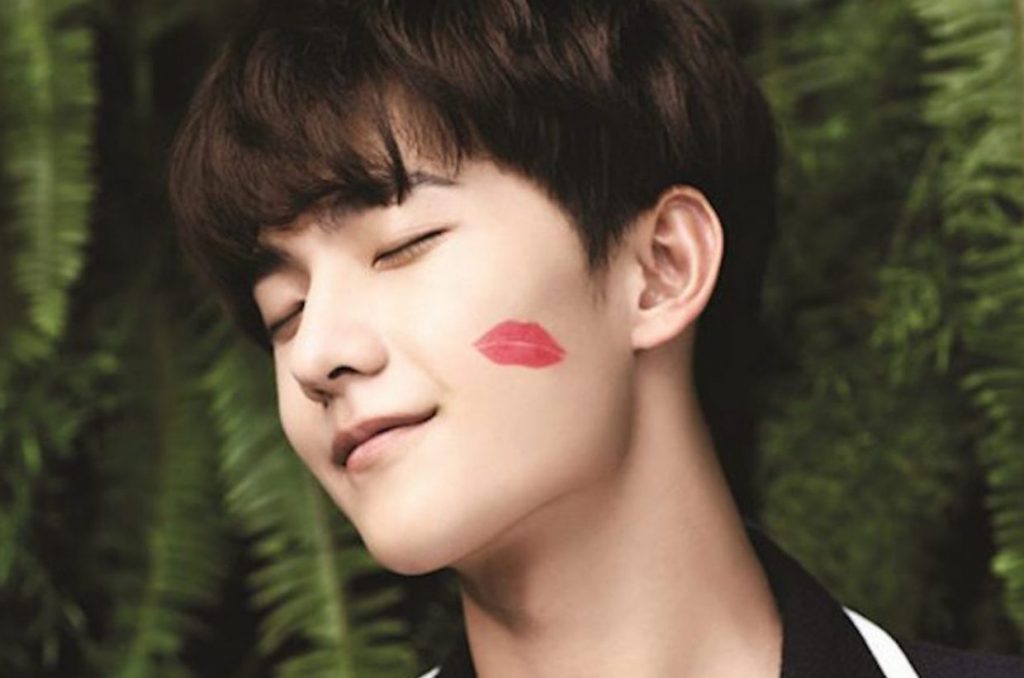“In the future, everybody will be famous for 15 minutes.”
This celebrated, prophetic quote stated by Andy Warhol back in 1968 has pretty much become a reality for today’s “social media” generation around the world. In China, two trendy star-making reality TV shows have made this “15 minutes of fame” up for grabs for Chinese youth.

Fan Chengcheng at the Loewe Ibiza Flash Shop
Idol Producer (偶像练习生) and Producer 101 China (创造101) are the two most buzzed topics on the country’s social media in recent months. By the time of this publication, they both received more than 10 billion views on Weibo, one of China’s most important social media channels. They are similar to the U.S. mega-hit American Idol, and a direct copy of a South Korean reality show. But they seek to put together super-groups, with Idol Producer aiming to form China’s top boy band and Producer 101 targeting girls.
In China, hundreds of young girls and boys were recruited at the beginning of the shows. Mentors, who are typically celebrities coming from the successful boy or girl bands from the previous generation, train contestants to polish their talents in singing, rapping, and dancing. They then perform as a group on the shows for several rounds as the audience votes for who they like. In the end, the players remaining form a real band.
New Faces for Old-money Products
Idol Producer and Producer 101 have quickly garnered a massive social media following of the contestants. On Weibo, the names of some most popular contestants are constantly on the platform’s list of most-searched topics. On June 8, British media outlet The Guardian even published a story on Wang Ju, one of the most recognizable participants of Producer 101, and compared her influence to China to that of Beyoncé.
Seeing the phenomenal reach of the shows as well as the quick and free traffic associated with these contestants, luxury brands have initiated collaborations.
For example, Italian luxury powerhouse Fendi invited Jackson Wang (王嘉尔) from Idol Producer to write a theme song to celebrate the debut of the Fendi Fall/Winter 2018-19 Men’s Collection in China. The song named “Fendiman” has proved to be a hit among the younger generation. According to a report by Women’s Wear Daily on May 30, it topped both the U.S. General List and Pop Music List on iTunes since its launch on May 26. Wang also appeared in a pop-up event by Fendi in Shanghai to perform the song last week.
Fan Chengcheng (范丞丞), another “IT” boy from Idol Producer, was tapped by Spanish luxury label Loewe in its latest campaign to promote the “Paula’s Ibiza” summer capsule collection in early June. Similarly, Chanel’s beauty line Coco Chanel invited five girls from Producer 101 to visit their new pop-up store in Shanghai on May 18.
Should Luxury Brands Embrace Reality-show Stars?
It is understandable that luxury brands see the benefits of working with these internet sensations at a time when the importance of social media as a marketing tool to target millennial and Gen-Z consumers is growing. However, experts warn that brands should note that, as new entrants to the brand-celebrity game, the stars perhaps lack the credibility that luxury brands need and carry a higher reputational risk.
“Unlike the gaming and consumer technology sectors, as an example, in which appearing current is ‘the name of the game’, luxury brands’ target audience is more likely to buy into a message of longevity, authenticity, and consistency,” said Jonathan Schenker, CEO of Bookmark Entertainment, the Asia-based celebrity souring agency.
Louis Houdart, founder and CEO of the marketing and branding agency Creative Capital, also agrees luxury brands should consider wisely.
“In the short-term, working with them is good for sales and can capture the millennials, and a younger audience who is now ready and looking forward to spending,” said Houdart. “In the long run, it can go both ways: the best situation is when the celebrity becomes a real big shot, and it becomes a great early investment; the second situation is that they quickly disappear, which is ok.”
There is also a worst-case scenario, according to Houdart, when the fast-rising celebrities ran into scandals. A recent case on this front is Estée Lauder and its collaboration with Chinese rapper PG One who gained the fame from an online TV Show called The Rap of China last year. In January, he was implicated in a drug scandal and was completely banned from appearing in the public for commercial interests by the Chinese government. The brand was also harshly attacked by online users for working with a badly-behaved celebrity.
On how luxury brands can best utilize internet sensations while reducing the potential reputational risk, Bookmark Entertainment’s Schenker suggested “to leverage the power of ‘internet sensations’ for short-lived, hyper-targeted campaigns and maintain traditional (or other established) celebrities as the first choice when choosing a spokesperson or presenter.”
— This article originally appeared on Jing Daily.









